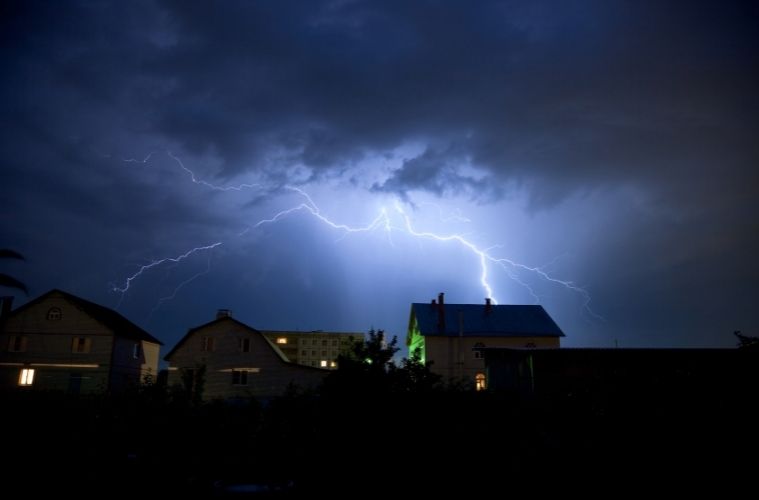Protecting your house from severe weather is essential. After all, it’s your cozy oasis where you go to find shelter at the end of each day. So it must stay fully intact—rain or shine. Take a moment to delve into some tips that can help you protect your home from extreme weather.
Install Storm Shutters
Installing storm shutters is one of the most practical tips for protecting your home from extreme weather. This is especially true for those on the coast or in regions where tornadoes are common. It’s no secret that high-speed winds and lots of rain can quickly turn your windows into dangerous access points for flying debris.
Investing in impact-resistant shutters can help reduce the risk of your windows shattering and inviting all manner of flying debris into your home. Storm shutters are durable and long-lasting. These characteristics, coupled with their specialized design, make them a perfect protective addition to your home.
Keep Your Lawn Clutter-Free
Of course, it’s always good to ensure that your front yard and backyard stay clutter-free. Ensuring that there are no loose objects like patio furniture, potted plants, or toys can drastically offset the chances of them turning into hazardous projectiles.
It’s also prudent to cut back on trees or large shrubs that might be encroaching on your home. Doing this will help prevent tree limbs from falling on top of your house and causing severe damage.
And while this tip for protecting your home from extreme weather may be straightforward, it’s also efficient. Prioritize clearing your yard, especially if you’re expecting inclement weather soon.
Check Your Home for Weaknesses
Protecting your home from extreme weather is primarily about how you prepare for it beforehand. And the simplest, most effective way to ensure that your home is storm-ready is by having a contractor perform an annual inspection. Doing this allows you the benefit of a professional opinion about any weaknesses, defects, or leaks within your home.
Just as well, the inspection will give you a clear idea of what requires repair and how to move forward. To illustrate, perhaps your roofing materials are brittle and worn out. Well, this knowledge better informs your decision about what sort of repairs your house needs.
For instance, maybe your roof’s wind resistance needs improvement if it’s to make it through this year’s stormy season. You might not come to this conclusion without the trained eye of a contractor. So don’t be afraid to get a professional assessment of your home. It could save the most vital features of your house once harsh weather rolls through.

